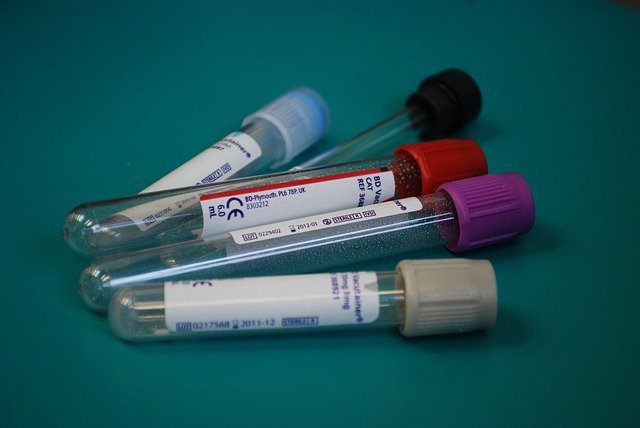
In a new study, researchers have invented a new test to identify the earliest genetic changes of prostate cancer in the blood.
It could allow doctors to see if cancers have spread, monitor tumor growth and enable better treatment selection.
The research was conducted by scientists at UCL.
Metastatic prostate cancer—the most dangerous late stage of the disease—can vary substantially in its treatment response and clinical progression.
Doctors urgently need biomarkers that will help determine how far along each patient’s cancer is, to determine the best course of treatment.
The team used Next Generation Sequencing (NGS) to establish if they could identify prostate cancer DNA in blood plasma.
Previous studies have focused on tissue samples, however, this requires an invasive biopsy.
The team says their successful discovery in blood represents a prostate tissue “fingerprint”, or early circulating biomarker, and when detected identifies that cancer is active and spreading.
As this can be detected in a simple blood test, commonly known as a liquid biopsy, physicians could monitor cancer response to treatment regularly and in real-time.
Moving forward researchers will see if this test could complement or replace the existing prostate-specific antigen test, which is used for prostate cancer diagnosis and treatment monitoring.
The team says with tumor biopsies difficult to obtain, being able to identify prostate cancer DNA signatures at the earliest opportunity in blood, will help monitor patients better and assist more effective treatment selection and combination.
They are now testing our new technique in trial patients to see if it can complement or substitute the traditional serum prostate-specific antigen (PSA) for diagnosis, risk assignment and monitoring how well a treatment is working.
They believe the increased sensitivity and additional information they derive, will significantly improve the outcomes of men with advanced prostate cancer.
The lead author of the study is Dr. Anjui Wu (UCL Cancer Institute).
The study is published in The Journal of Clinical Investigation.
Copyright © 2020 Knowridge Science Report. All rights reserved.



